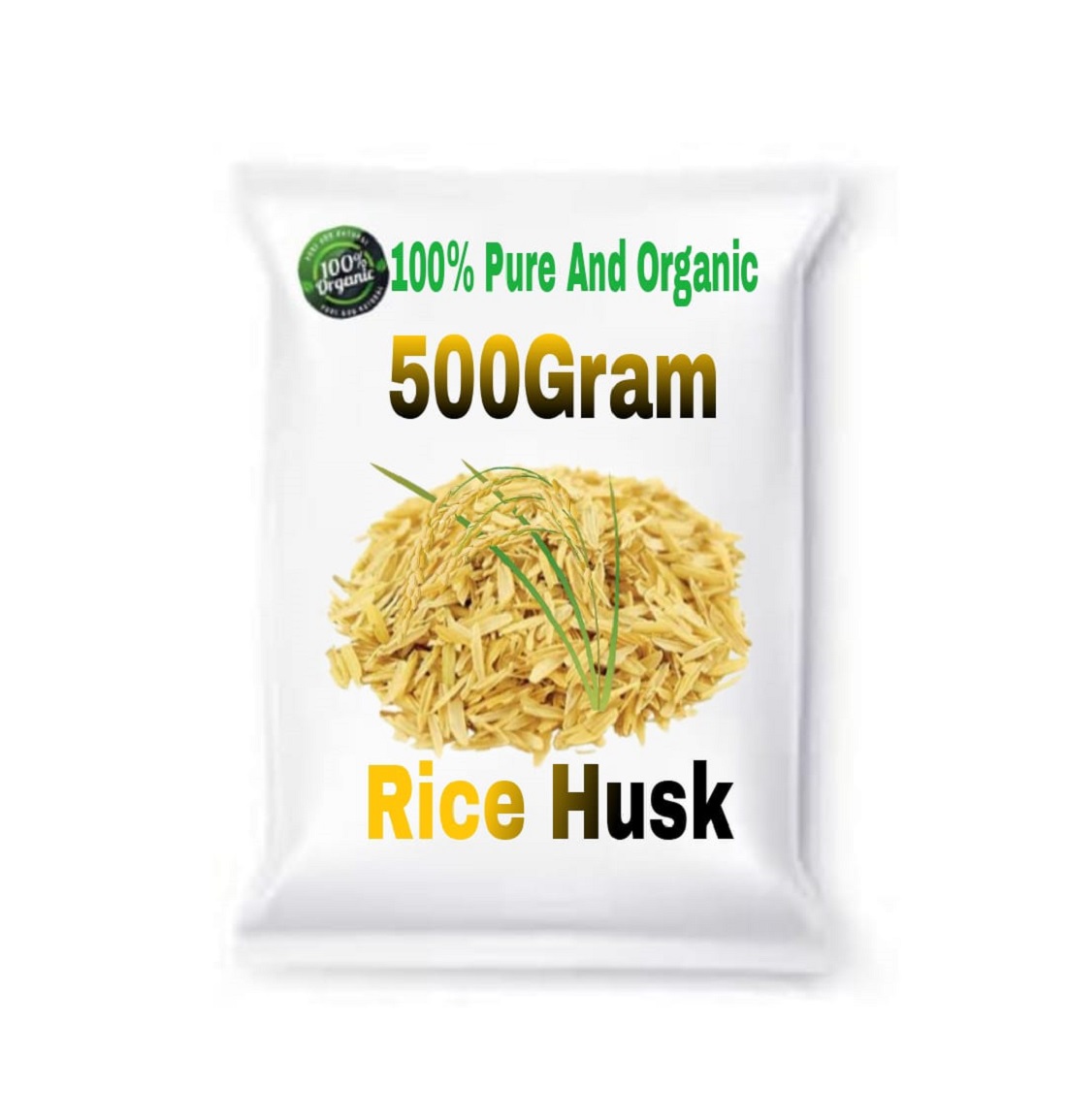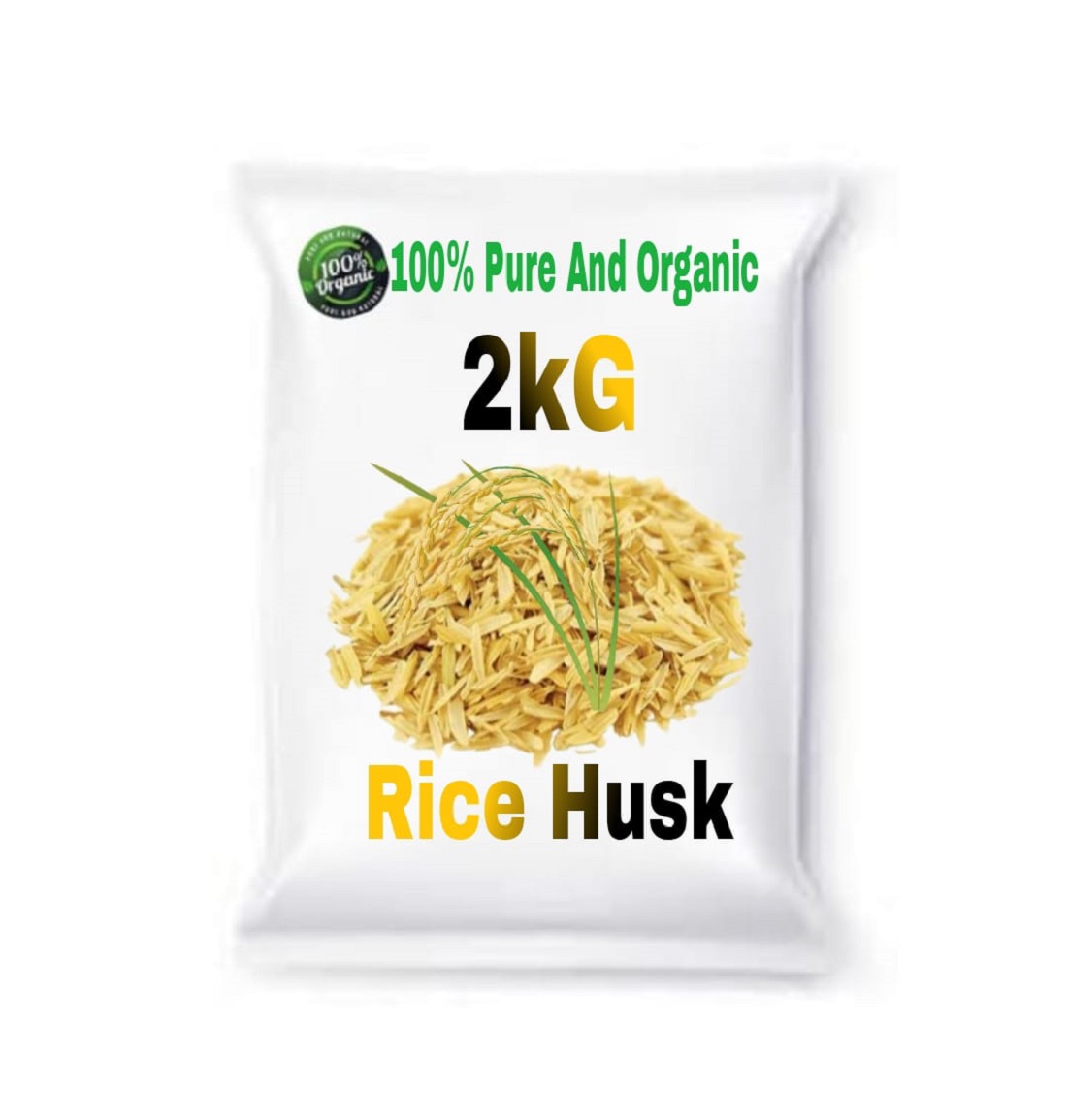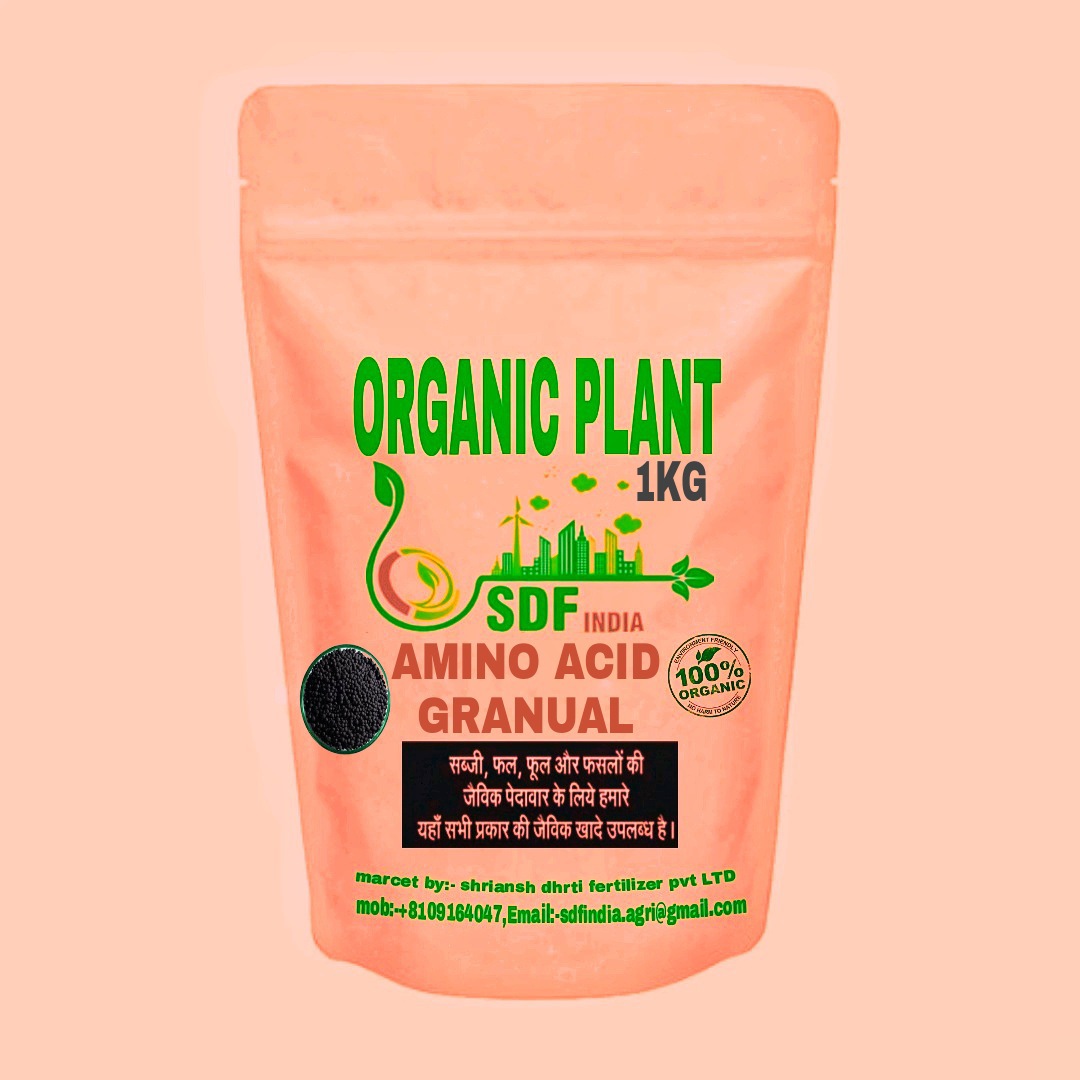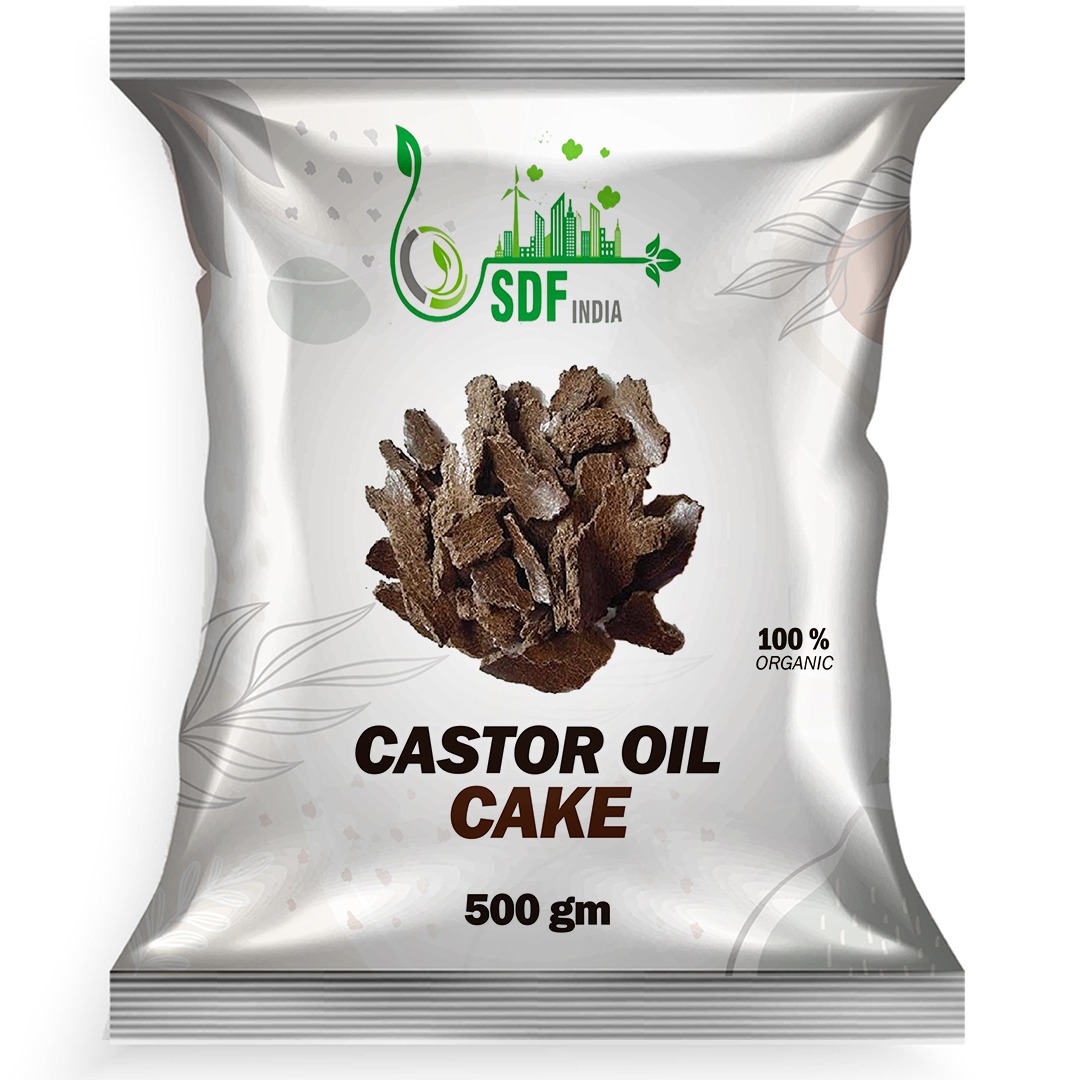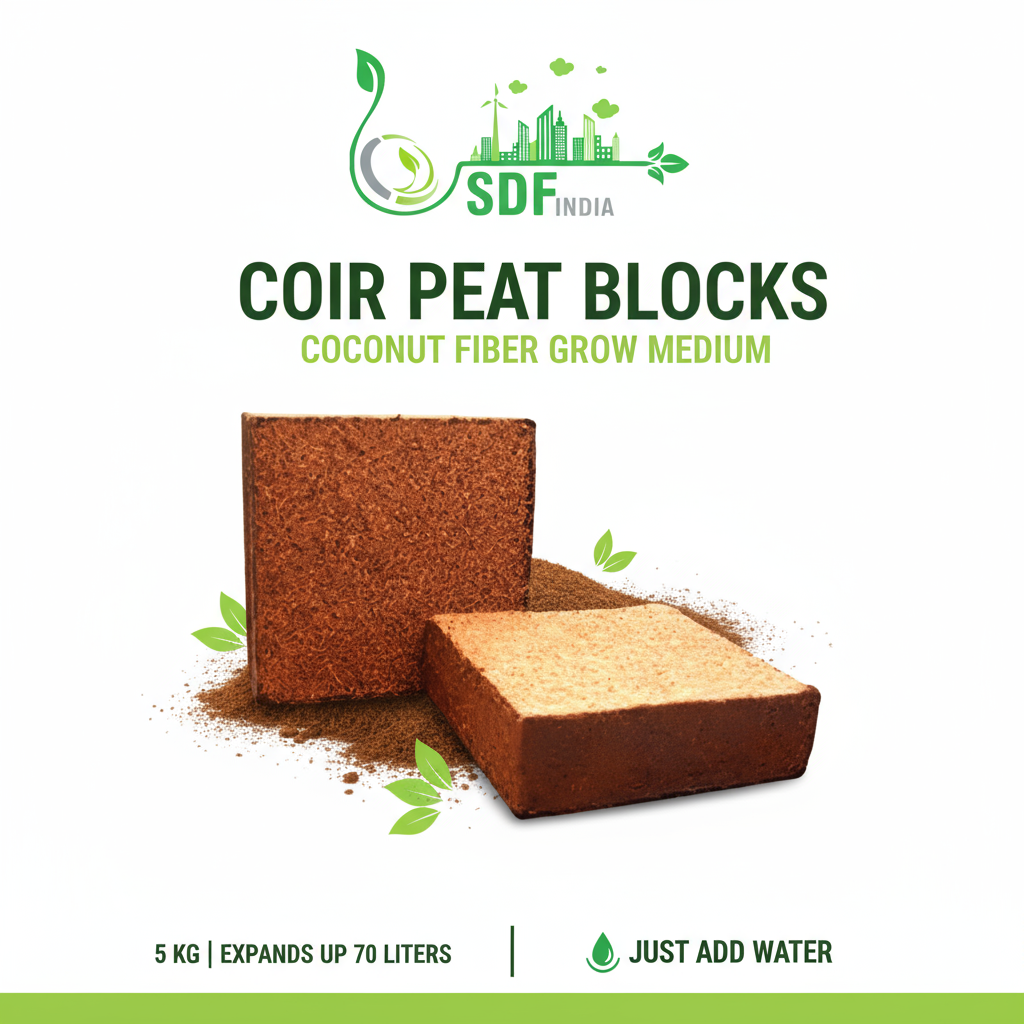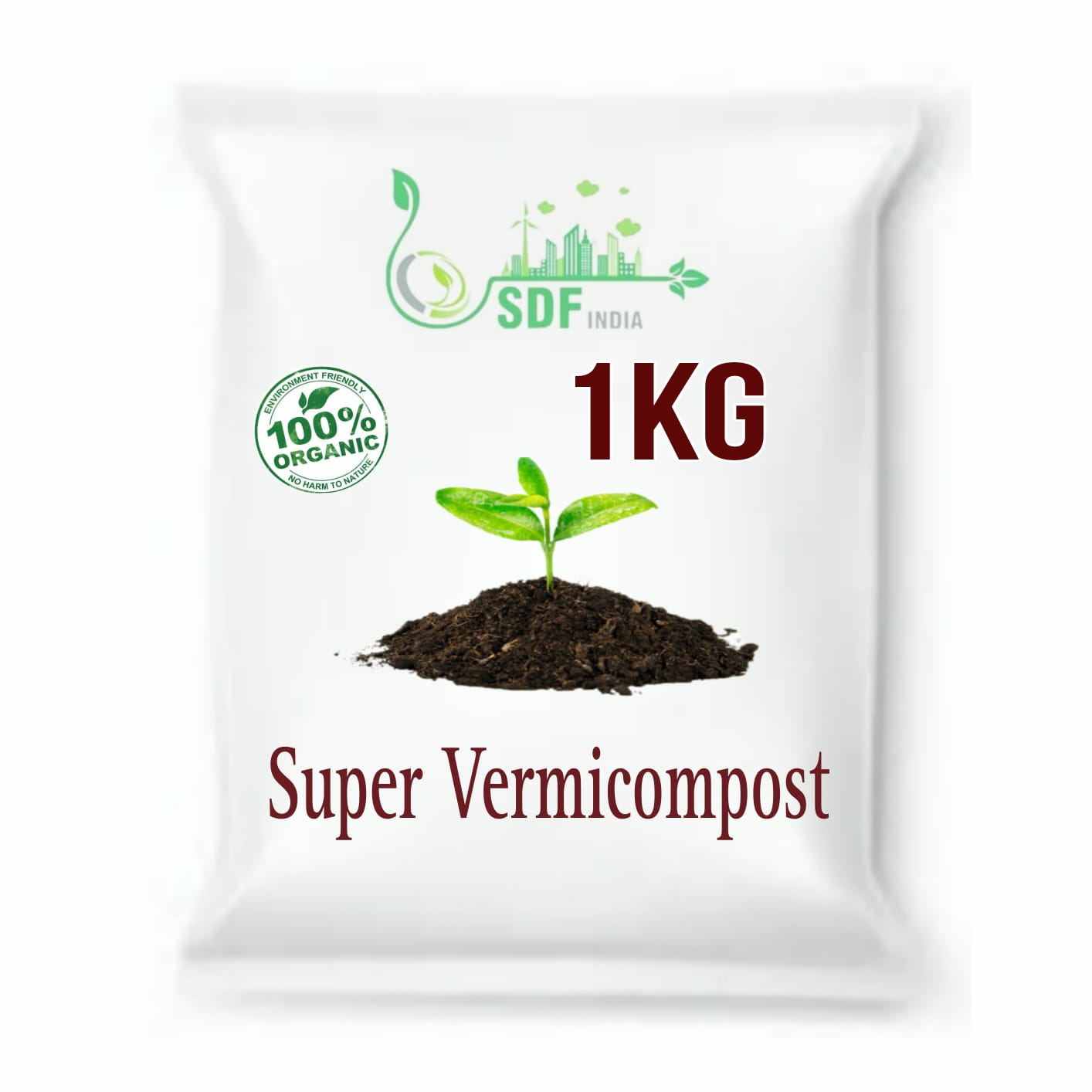"Rice husk is the outermost layer of the rice grain, which is removed during the milling process. It is a byproduct of the rice milling industry and is composed mostly of cellulose, hemicellulose, and lignin.
Rice husk has several potential uses. One common use is as a fuel source, particularly in developing countries where it is used for cooking and heating. Rice husk can also be used in the production of various products, such as insulation materials, building materials, and animal feed. Additionally, rice husk can be used as a raw material in the production of biofuels, such as ethanol and biogas.
In recent years, there has been increasing interest in utilizing rice husk as a renewable energy source and for various other applications. Its use can help reduce waste and lower the environmental impact of the rice milling industry. "
Rice husk is the outermost layer of the rice grain, which is removed during the milling process. It is a byproduct of the rice milling industry and is composed mostly of cellulose, hemicellulose, and lignin.
Rice husk has several potential uses. One common use is as a fuel source, particularly in developing countries where it is used for cooking and heating. Rice husk can also be used in the production of various products, such as insulation materials, building materials, and animal feed. Additionally, rice husk can be used as a raw material in the production of biofuels, such as ethanol and biogas.
In recent years, there has been increasing interest in utilizing rice husk as a renewable energy source and for various other applications. Its use can help reduce waste and lower the environmental impact of the rice milling industry.
Rice husk is the outermost layer of the rice grain, which is removed during the milling process. It is a byproduct of the rice milling industry and is composed mostly of cellulose, hemicellulose, and lignin.
Rice husk has several potential uses. One common use is as a fuel source, particularly in developing countries where it is used for cooking and heating. Rice husk can also be used in the production of various products, such as insulation materials, building materials, and animal feed. Additionally, rice husk can be used as a raw material in the production of biofuels, such as ethanol and biogas.
In recent years, there has been increasing interest in utilizing rice husk as a renewable energy source and for various other applications. Its use can help reduce waste and lower the environmental impact of the rice milling industry.
Rice husk is the outermost layer of the rice grain, which is removed during the milling process. It is a byproduct of the rice milling industry and is composed mostly of cellulose, hemicellulose, and lignin.
Rice husk has several potential uses. One common use is as a fuel source, particularly in developing countries where it is used for cooking and heating. Rice husk can also be used in the production of various products, such as insulation materials, building materials, and animal feed. Additionally, rice husk can be used as a raw material in the production of biofuels, such as ethanol and biogas.
In recent years, there has been increasing interest in utilizing rice husk as a renewable energy source and for various other applications. Its use can help reduce waste and lower the environmental impact of the rice milling industry.

